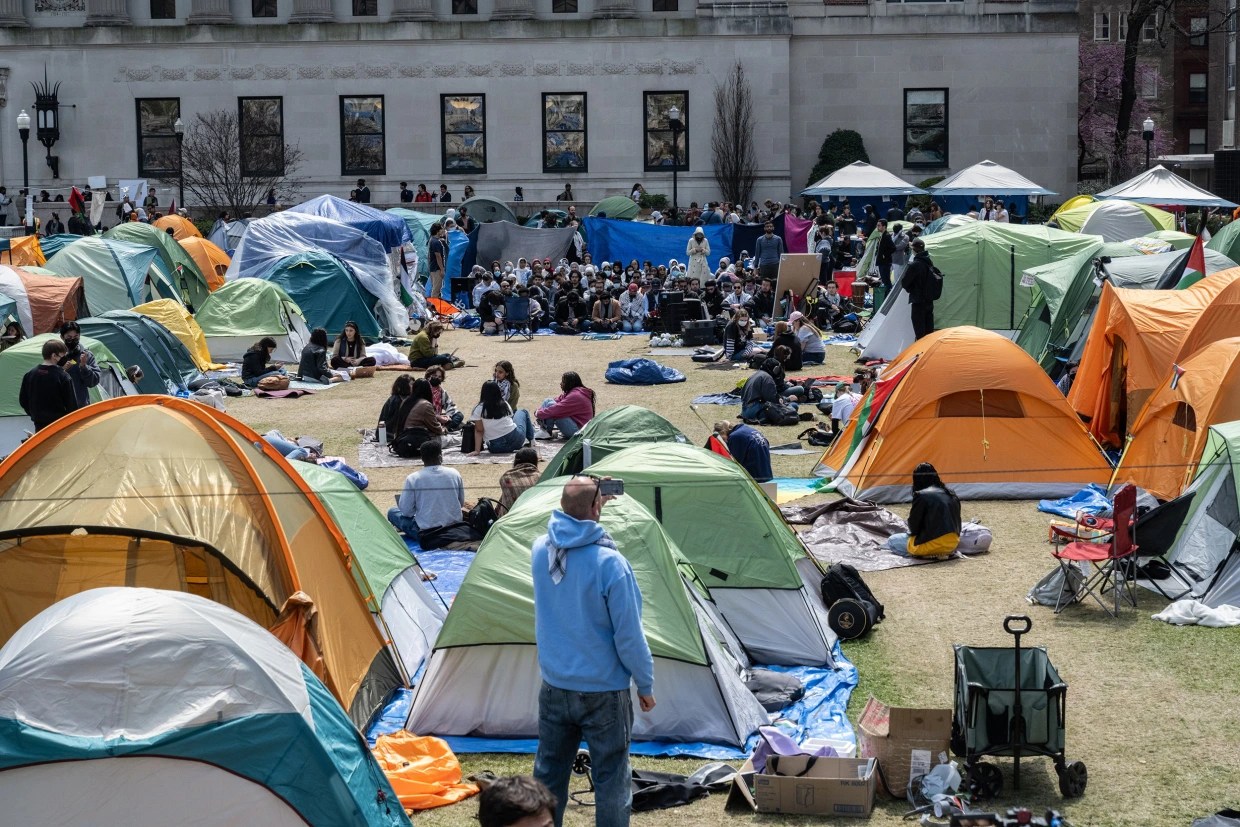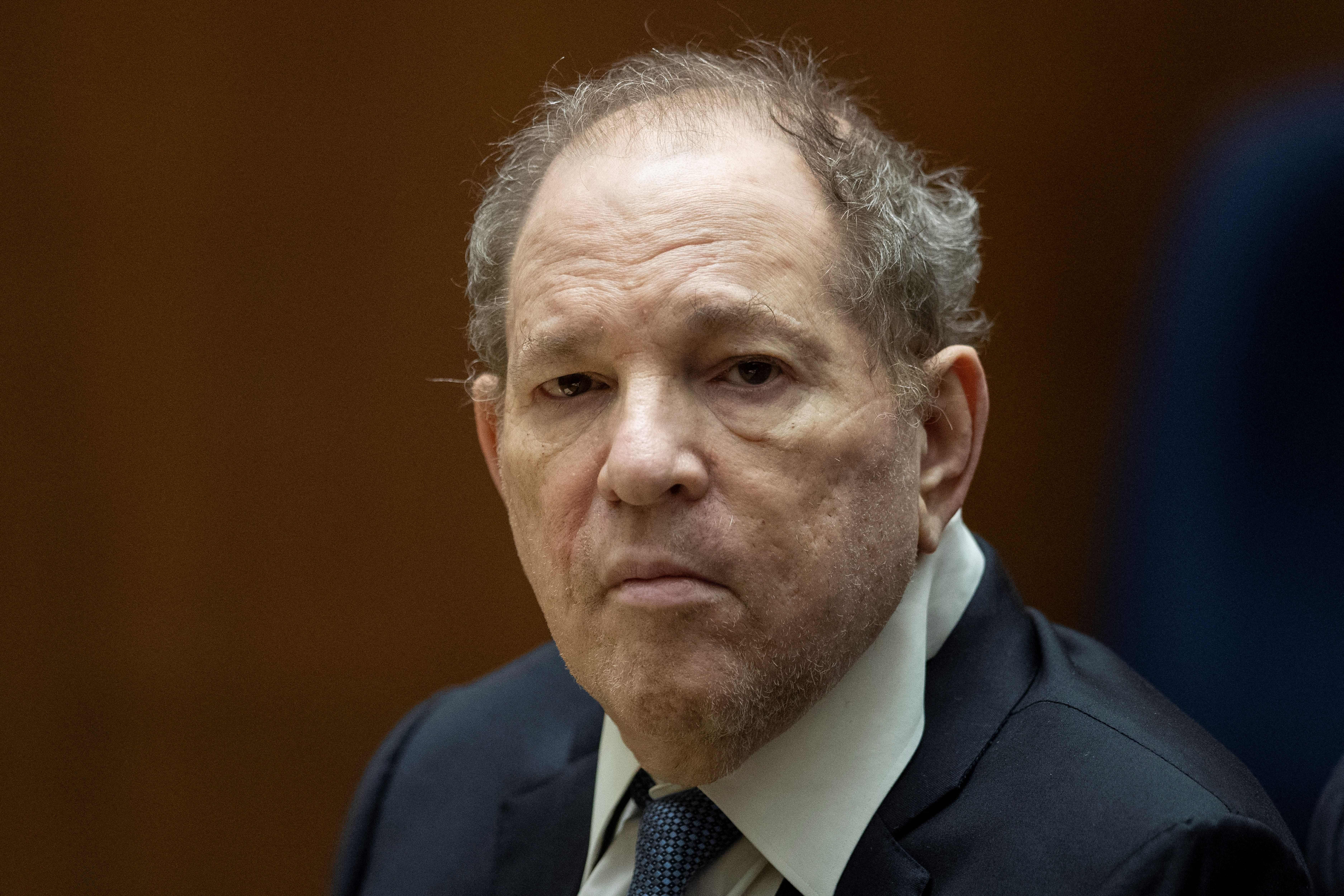Japanese Prime Minister Shinzo Abe said Monday he will visit Pearl Harbor with U.S. President Barack Obama at the end of this month, becoming the first leader of his country to go to the U.S. Naval base in Hawaii that Japan attacked in 1941, propelling the United States into World War II.
The unexpected announcement came two days before the 75th anniversary of the attack and six months after Obama became the first sitting U.S. president to visit the memorial in Hiroshima for victims of the U.S. atomic bombing of that city at the end of the war.
Abe, in a brief statement, said he would visit Hawaii on Dec. 26 and 27 to pray for the war dead at Pearl Harbor and to hold a final summit meeting with Obama before his presidency ends.
"We must never repeat the tragedy of the war," he told reporters. "I would like to send this commitment. At the same time, I would like to send a message of reconciliation between Japan and the U.S."
The White House confirmed a meeting on Dec. 27, saying "the two leaders' visit will showcase the power of reconciliation that has turned former adversaries into the closest of allies, united by common interests and shared values."
More than 2,400 U.S. servicemen died in the aerial attack, which will be marked Wednesday by a remembrance ceremony on a pier overlooking the harbor. A moment of silence will be observed at 7:55 a.m., when the Japanese planes hit their first target.
In the seven decades since the end of the war, the United States and Japan have become staunch allies as Japan rebuilt itself into an economic power. It is one of the more remarkable turnarounds of former enemies in world history.
U.S. & World
"Our talks in Hawaii will be a chance to show the rest of the world our ever stronger alliance in the future," Abe said.



